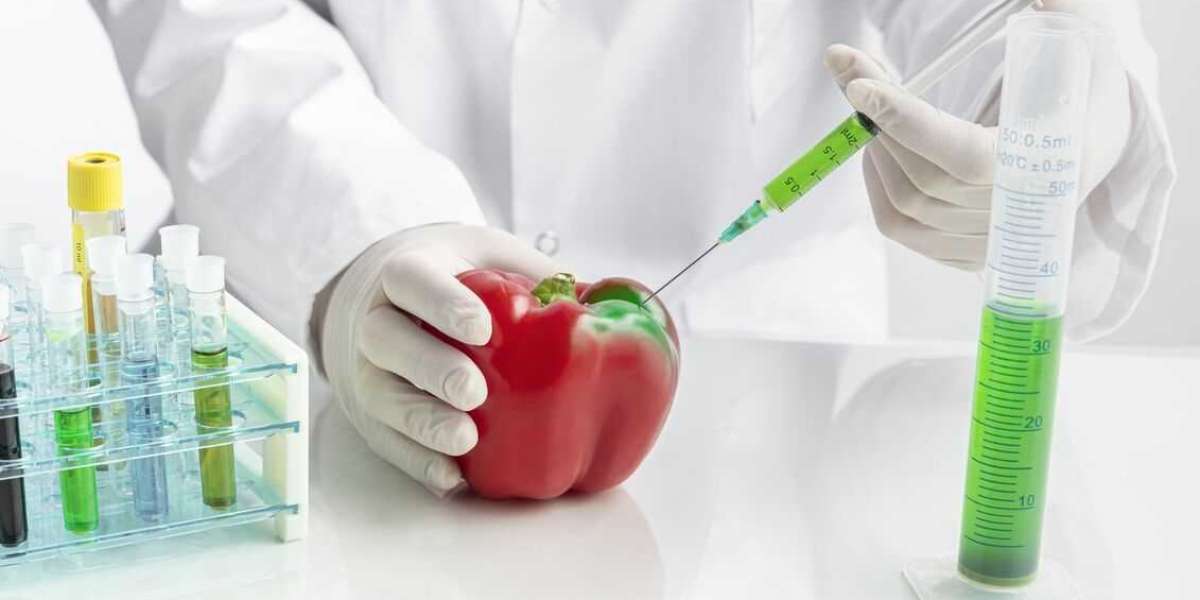What is HACCP Certification?
HACCP (Hazard Analysis and Critical Control Points) certification is a globally recognized standard for identifying, assessing, and controlling food safety hazards. It is designed to prevent contamination and ensure that food products are safe for consumption. Businesses in the food industry, including manufacturers, processors, and suppliers, pursue HACCP certification to demonstrate their commitment to food safety and regulatory compliance.
Importance of HACCP Certification
HACCP certification enhances consumer confidence by ensuring that food products meet safety and quality standards. It helps businesses minimize risks related to foodborne illnesses, product recalls, and legal liabilities. Additionally, it improves operational efficiency by identifying potential hazards in the production process and implementing preventive measures, ultimately reducing waste and losses.
Steps to Achieve HACCP Certification
Obtaining HACCP certification involves a structured approach that begins with conducting a hazard analysis to identify biological, chemical, and physical risks in food production. Businesses must establish critical control points (CCPs) where these risks can be controlled or eliminated. This is followed by setting critical limits, monitoring procedures, and corrective actions to maintain food safety. Verification and record-keeping ensure continuous compliance, and an external audit by a certification body finalizes the process.
Industries That Require HACCP Certification
HACCP certification is essential for various sectors within the food industry, including food manufacturing, catering, retail, and packaging. It is also crucial for meat and poultry processing, dairy production, seafood handling, and beverage manufacturing. Compliance with HACCP principles helps these industries maintain hygiene, quality, and safety throughout the supply chain.
Benefits of HACCP Certification
Implementing HACCP principles provides numerous advantages, such as improved food safety management, reduced risk of contamination, and enhanced regulatory compliance. It strengthens a company’s reputation, increases market access, and facilitates trade by meeting international food safety standards. Additionally, it fosters a proactive approach to hazard prevention rather than relying on end-product testing.
Maintaining HACCP Certification
After obtaining HACCP certification, businesses must ensure ongoing compliance by conducting regular internal audits, updating hazard analyses, and training employees on food safety protocols. Any process modifications or new risks must be addressed through continuous monitoring and improvement efforts. Maintaining certification demonstrates a long-term commitment to food safety and quality assurance.
HACCP certification is a critical step for businesses in the food industry seeking to enhance safety, meet regulatory expectations, and build consumer trust. By following HACCP principles, companies can effectively prevent foodborne hazards and ensure high-quality products for their customers.








